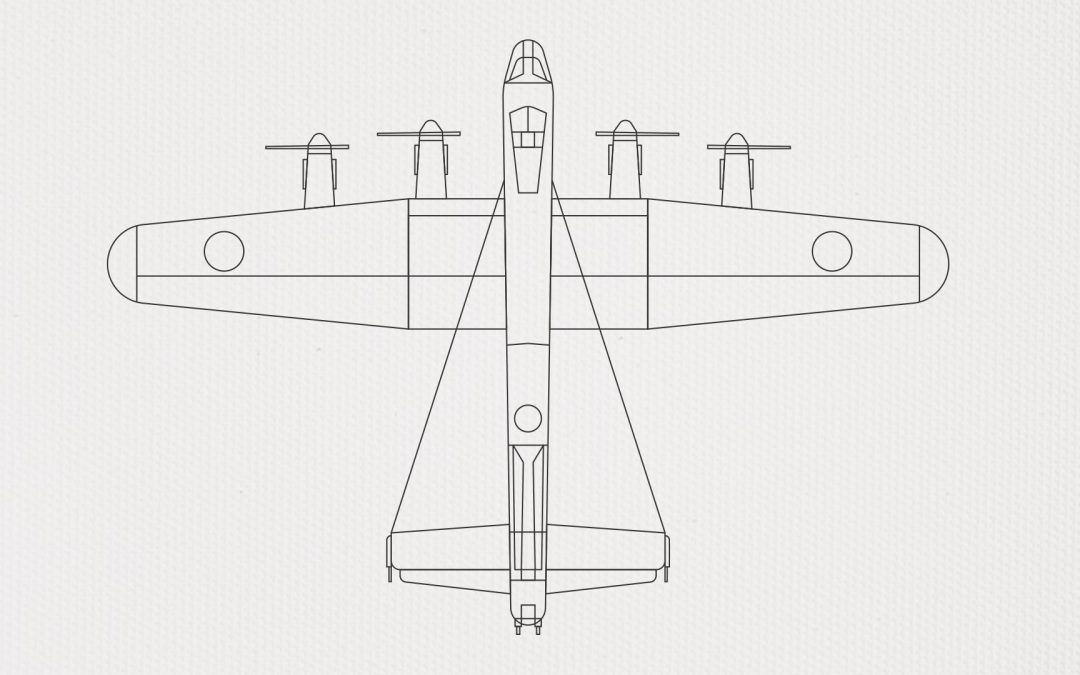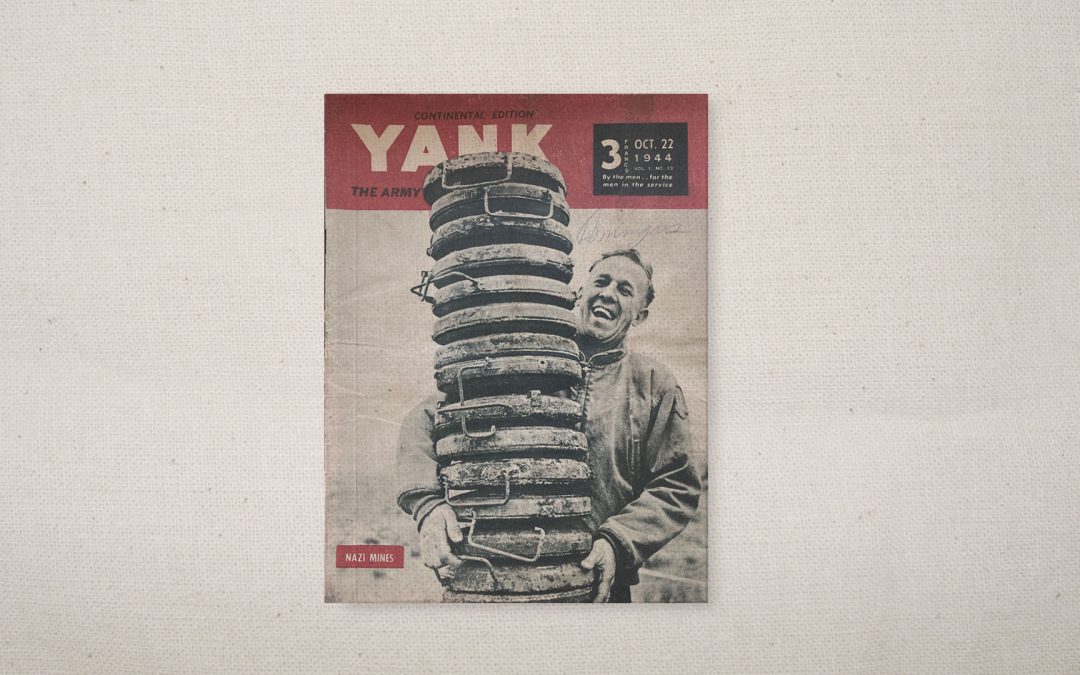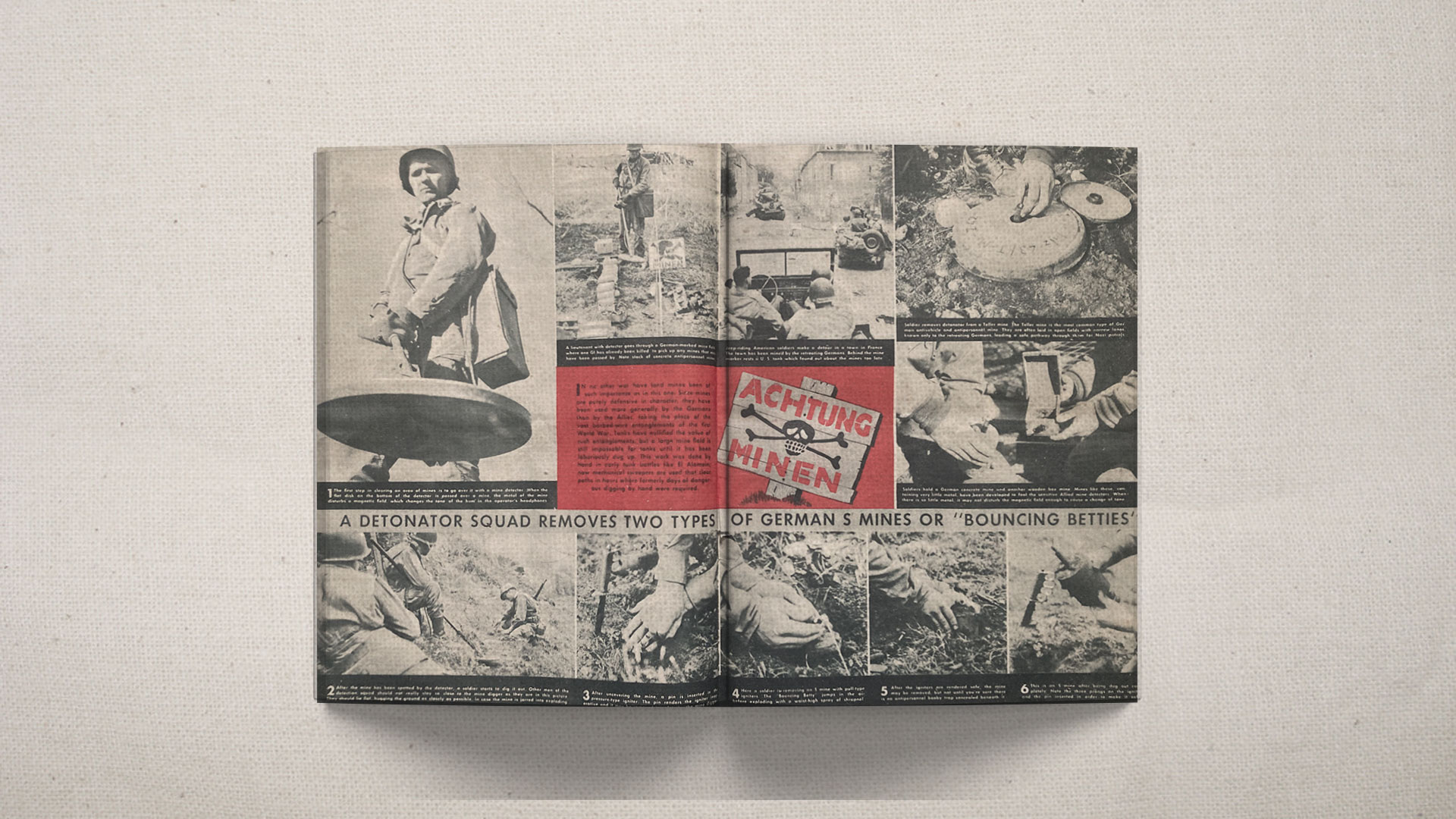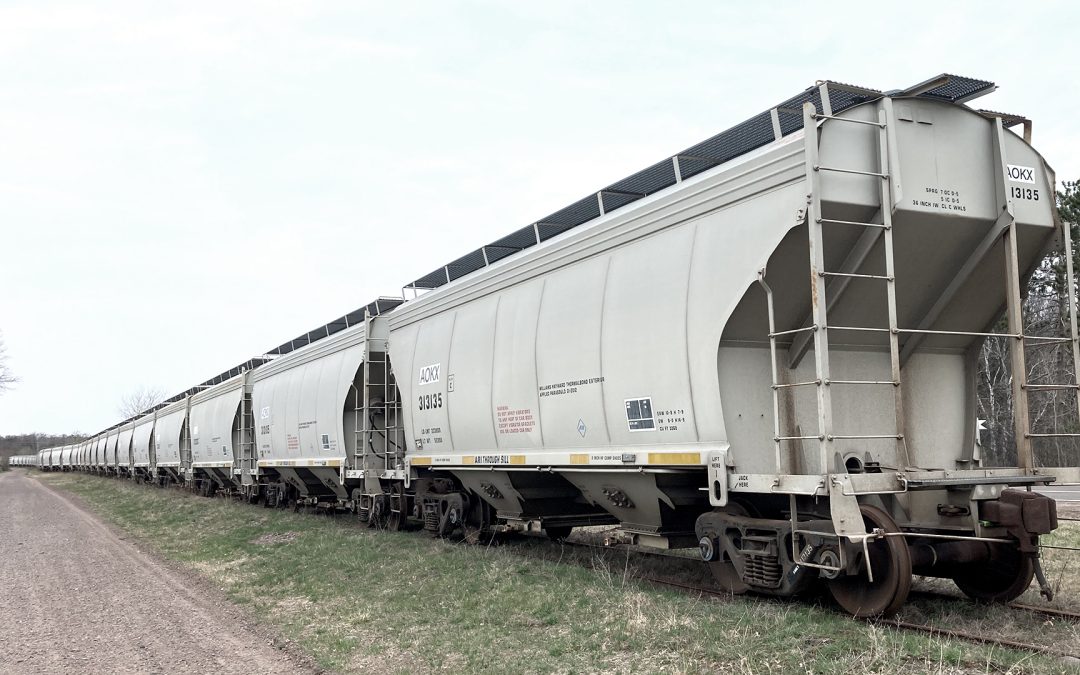
The Dam Busters
Behind every army is the industry that fuels it. There were several dams positioned within Germany’s Ruhr valley in the 1940s that produced the electricity needed to help power the war effort. By 1942, the British had developed both a plan and the needed technology to blow up these dams thus disrupting the German war production.
Engineer Barnes Wallis created a bomb that could skim across the surface of a body of water. The result was an explosive that could bounce over the torpedo nets protecting the dam from submarine attack. The delivery of these bombs required a high skill and high risk. The drum-like explosives had to be released behind enemy lines from a height of 60 feet and at a speed of 232 mph. And elite group of pilots were called into the mission and over one third of the men perished. At least two of the targeted dams were breeched resulting in further casualties on the ground. Thus is the destructive nature of war. While it is harder to quantify the direct damage to the German war effort, the mission did serve to stoke the fire in the hearts of the British forces. These fearless pilots from the Royal Air Force became known as the Dam Busters.
When I hear things like this, my first response is to look for the parable. I ask God what he is saying to me through the story. The life God offers to all people is often depicted as a river. The enemy cannot stop the force of this river but he does seek to block, divert or even to highjack it. He is a dam builder. As the sons of God and the followers of Jesus, I believe it is our role to demolish these dams. It is not for us to simply defend against the gates of hell, it is for us to advance against them so the river of God can burst forth and cover this world. The flood released does not bring death, it bring life and healing to the world.
There have been many men in my story who have taken the offensive in this fight. They are the Dam Busters. And now it my job, it is our job, to do the same for those following behind us.






Recent Comments